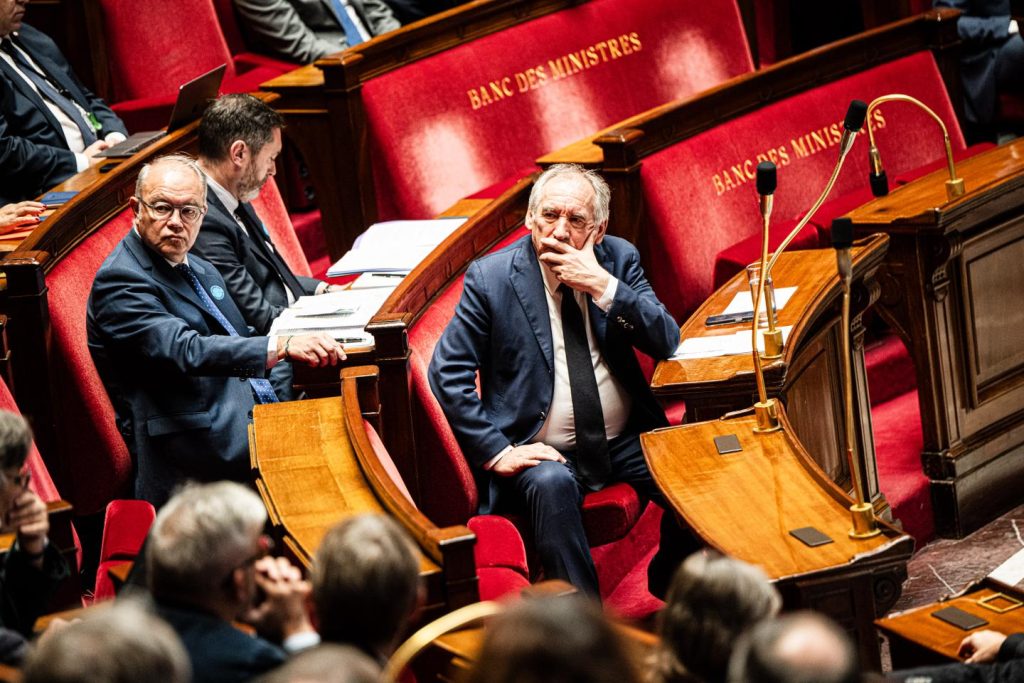On December 17, 2024, Prime Minister François Bayrou, his chief of staff Nicolas Pernot, and his special advisor Eric Thiers were seen at the National Assembly in Paris. Prime Minister Bayrou was scheduled to visit Mayotte on December 30, after delays caused by Cyclone Chido had devastated the archipelago. He planned to focus on providing concrete solutions for the residents of Mayotte during his visit. Accompanying him were several government ministers including Elisabeth Borne, Manuel Valls, Valérie Létard, Yannick Neuder, and Thani Mohamed Soilihi. The details of their visit were yet to be specified.
The purpose of Mr. Bayrou’s visit to Mayotte was to address issues such as education, healthcare, and housing for the local population. With his experience as a local elected official, his team believed he would be able to quickly provide practical solutions to the needs of the people of Mayotte. However, there were concerns raised by citizen groups in Mayotte who criticized the slow response and inadequate support from authorities after the cyclone had struck. They highlighted issues such as the lack of essential supplies, the slow restoration of electricity, destroyed schools, and the risk of looting and squatting in vacant homes.
According to the Ministry of the Interior, as of Friday, only 46% of the population had their electricity restored, but access to running water was available to almost everyone. Citizen groups in Mayotte were calling for extraordinary measures to be taken, including a rapid and structured reconstruction plan, creation of a special solidarity fund to compensate the affected individuals, and the cancellation of property taxes for the current year. The Socialist Party’s first secretary, Olivier Faure, also issued a letter to Prime Minister Bayrou demanding immediate action and criticized the government’s response to the disaster.
Prime Minister Bayrou had faced criticism for not visiting Mayotte sooner and for appearing to downplay the severity of the situation. The death toll from the cyclone remained uncertain, with 39 confirmed deaths and over 4,000 injuries. Despite the challenges, there were ongoing efforts to provide assistance to the affected population. However, concerns remained about the sanitation risks, limited access to essential resources, and the overall sense of abandonment felt by many residents in the aftermath of the disaster.
The visit to Mayotte by Prime Minister Bayrou and his team was seen as an opportunity to address the urgent needs of the population and demonstrate the government’s commitment to providing support and assistance. The situation in Mayotte highlighted the vulnerability of the region and the importance of immediate and effective response measures. As the government continues to assess and respond to the aftermath of the cyclone, it is crucial to prioritize the well-being and recovery of the affected communities in Mayotte.


